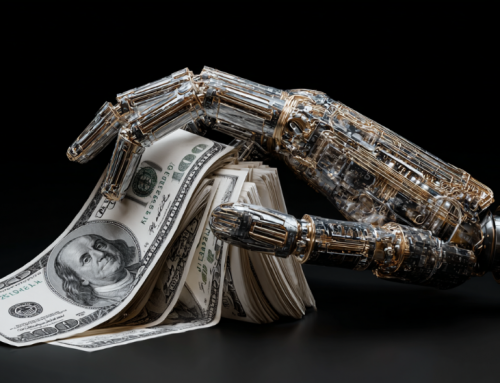
Cryptocurrency mining is a threat to the already unstable Texas power grid, according to a study from Texas A&M University. (Source: Adobe Stock)
Texas Weighs Value of Crypto Currency Mining against Threat to Power Grid
For most of us, the technology behind cryptocurrencies is something we spend very little time thinking about. How many of us actually have a Bitcoin or a Dogecoin?
Now a TV station in Austin has shone a light on the use of an incredible amount of electricity being gobbled up in Texas. According to a new study in Texas companies ‘mine’ 15% of the world’s total cryptocurrency.
KXAN is an NBC affiliate that covers central Texas. The kxan.com department of their station had this story regarding the problems with the Texas electric grid that crypto mining could be causing.
Attached to these mining operations is a Texas-sized use of power. In order to “mine” cryptocurrency, computers must run computation algorithms to verify transactions. The computers that solve an algorithm get a “reward” in the form of cryptocurrency—such as Bitcoin—according to the Texas Comptroller. The more calculations a computer can solve, the higher the chance of receiving the reward, per the Texas Comptroller.
“In a nutshell, it is an extremely energy-intensive process to mine a Bitcoin. That is why the scale of these computing demands has reached the point that they can rival the consumption of a city’s worth of electricity,” said Le Xie, professor in the Department of Electrical and Computer Engineering at Texas A&M University.
The Texas Electric Grid has had major problems, and still does, according to experts. Its electrical grid remains vulnerable to extreme weather events. The Texas deep freeze in February 2021 exposed the inability of the state’s energy supply chain to withstand extremely cold temperatures. Nearly two years later, questions remain about whether the electrical grid is now more resilient to winter weather.
The Risk of Mining
Professor Le Xie has been studying the impacts these mining facilities have on the Texas grid. Xie’s team’s findings were published in the March issue of the Institute of Electrical and Electronics Engineers Transactions on Energy Markets, Policy and Regulation and the June issue of Advances in Applied Energy.
His research has centered on examining mining facilities’ impact on three areas: grid reliability, carbon dioxide emissions, and wholesale energy market prices.
“Their impact substantially depends upon the way you model them,” Xie said. “If they were modeled as sort of a [constant] demand, then there will be a substantial impact on grid reliability” because they must be served at all times and would stress the grid.
And of course, all of these issues are well-known in the Texas Legislature. But with the amount of lobbying that goes on, the problems persist.
The Texas Comptroller estimates that by 2023, cryptocurrency mining facilities in the state could demand as much power as Houston, the fourth-largest city in the U.S. Already, mining facilities in the state are consuming roughly as much energy as Austin, Xie said.
According to the Texas Tribune, state political leaders have promoted the state as a destination for mining companies. Some rural areas where facilities moved welcomed them, and reaped economic benefits from the operations. Bitcoin – the most well-known cryptocurrency – has only been around since 2009.
“Any kind of demand going beyond certain thresholds would always have to be studied and integrated with careful analysis,” Xie said. “That’s the reason we’re doing the study, to understand [crypto mines] characteristics so that we can provide better decision support for the policymakers.”
Every time the grid goes down, due to weather or due to too much demand, it reminds the customers in Texas that they are vulnerable at any time for a blackout.
read more at kxan.com







I really like reading through a post that can make men and women think. Also, thank you for allowing me to comment!
Good post! We will be linking to this particularly great post on our site. Keep up the great writing
Hi there to all, for the reason that I am genuinely keen of reading this website’s post to be updated on a regular basis. It carries pleasant stuff.